Sin or not, the debate on drug use intertwines with ethics, law, and personal beliefs, urging a deeper dive into this complex issue.
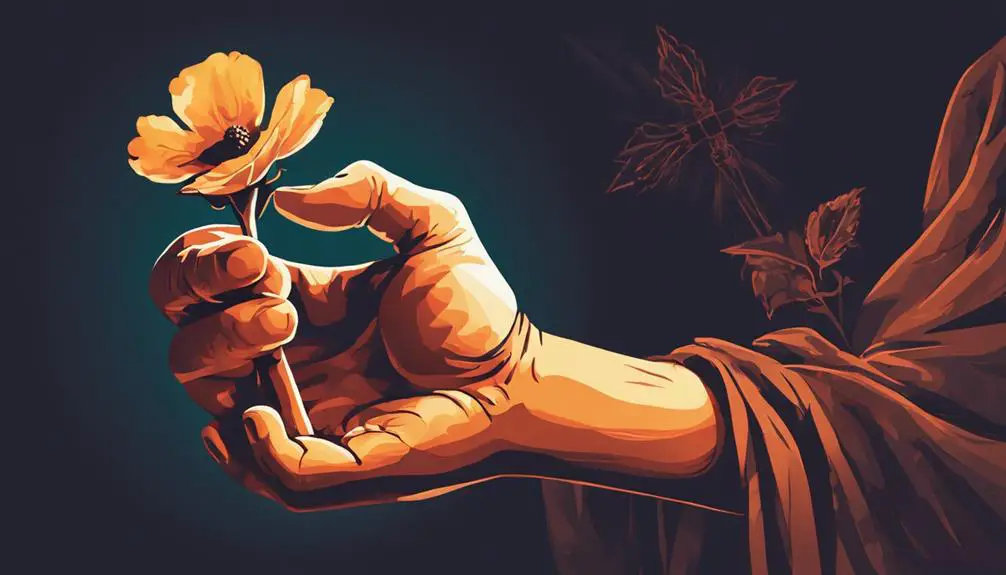
Is Doing Drugs a Sin?
In ancient times, deciphering omens in leaves or entrails was common, not questioning the morality of substance use. Different civilizations and religions throughout history have variously interpreted the use of psychoactive substances, some considering them sacred and others profane.
Fast forward to today, and the question of drug use as a sin intertwines with legal, ethical, and personal belief systems, making it complex and multifaceted. As you navigate this maze of opinions and facts, consider how your own values and the societal context influence your stance on this contentious issue.
Key Takeaways
- Religious and spiritual views on drug use vary, with some traditions using substances in sacred rituals.
- Many religions caution against recreational drug use for maintaining physical and spiritual well-being.
- The concept of sin in relation to drug use depends on cultural and religious contexts.
- Ethical considerations, including health and community well-being, influence views on the morality of drug use.
Historical Perspectives on Drug Use
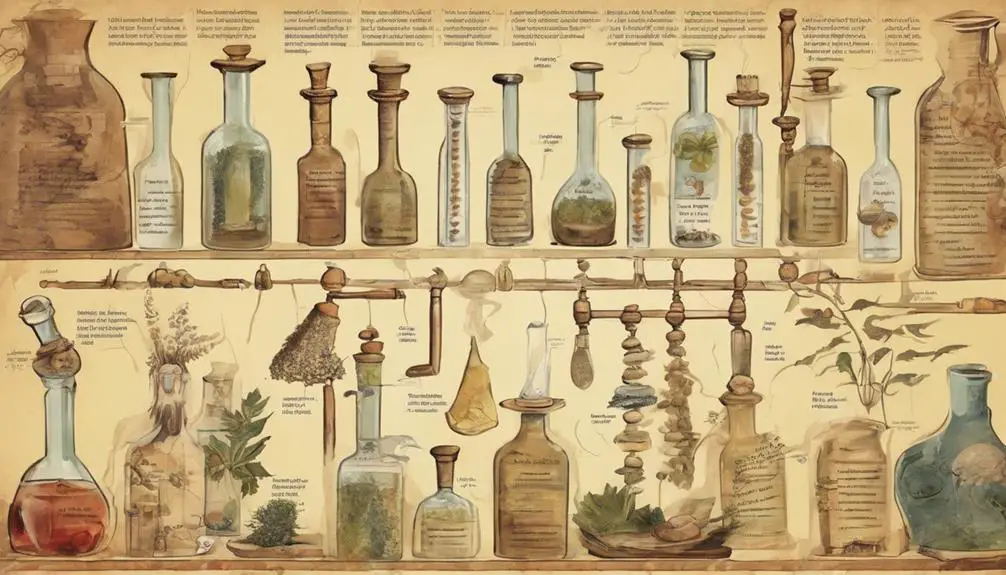
Throughout history, societies have grappled with the moral implications of drug use, often seeking a balance between medicinal benefits and potential harm. You must understand that ancient civilizations didn't view substances in the black-and-white terms often applied today. They engaged in ancient rituals that incorporated natural psychoactives, seeing them as sacred means to connect with the divine or to heal. It wasn't merely about pleasure; it was a profound part of their spirituality and medicine.
Trade routes played a crucial role in the dissemination of these substances, spreading not only goods but also knowledge and cultural practices related to drug use. This exchange allowed societies to learn from each other, adopting new healing methods but also confronting the challenges of misuse. Your discernment in understanding the context of these historical uses is vital. It teaches you that ethical considerations around drug use are complex and deeply rooted in human history.
It's compassionate to acknowledge that what might be considered misuse in one era or culture could have been therapeutic or sacred in another. This perspective doesn't excuse harmful behaviors but invites a more empathetic understanding of the human inclination towards altering consciousness, whether for healing, spiritual insight, or escape.
Religious Teachings and Interpretations
As you explore various religious teachings, you'll find that interpretations of drug use vary widely, often reflecting a complex mix of ethical considerations, doctrinal beliefs, and compassion. Some traditions view certain substances as integral to sacred rituals, facilitating a connection to the divine and aiding in spiritual enlightenment. These practices are deeply embedded in the cultural and spiritual fabric of these communities, treated with reverence and respect.
However, it's also clear that many religious teachings caution against the recreational use of drugs, framing it as harmful to one's physical and spiritual well-being. From this perspective, the body is often seen as a temple, and intoxication is viewed as desecration of this sacred space. The ethical guidelines provided by such teachings emphasize self-control, purity, and the pursuit of virtuous living.
Compassion, too, plays a crucial role in religious discourse on drug use. Rather than outright condemnation, many faiths advocate for support, healing, and guidance for those struggling with addiction. This approach reflects a deep understanding of human frailty and a commitment to fostering a community where individuals are encouraged to grow and heal.
Modern Society and Legal Implications
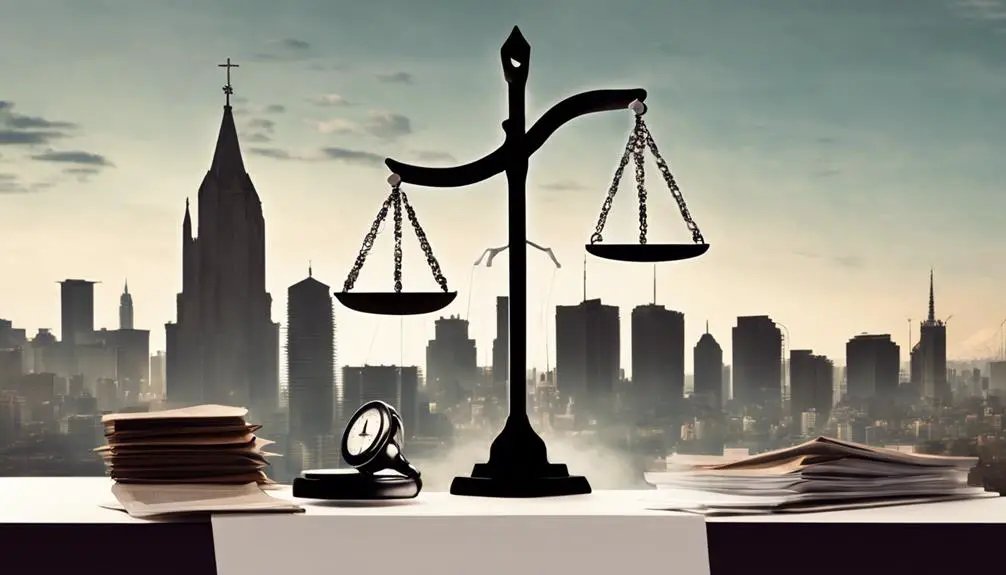
In modern society, the legal status of drug use presents a complex challenge, reflecting a balance between public health concerns and individual freedoms. Public policy plays a crucial role in navigating these waters, striving to protect societal health without infringing too much on personal choice. It's a delicate balance, and one that requires a compassionate, ethical approach.
Here's a brief look at the legal implications across different jurisdictions:
Jurisdiction |
Legal Status |
|---|---|
Country A |
Fully Illegal |
Country B |
Decriminalized for Personal Use |
Country C |
Medical Use Only |
Country D |
Recreational Use Permitted |
Country E |
Strictly Regulated |
Each of these stances reflects a different approach to addressing the issue, informed by cultural values, historical context, and public health priorities. As members of a global community, it's important for you to understand these differences and consider how they affect the lives of individuals and the health of societies. The ethical dimension of drug use in modern society is complex, requiring a nuanced understanding of the interplay between law, morality, and public health. Remember, behind every policy and law are individuals whose lives are profoundly affected.
Ethical Considerations of Substance Use
Shifting focus to the heart of the matter, let's consider the moral implications of using substances, recognizing the profound impact they've on individuals and communities alike. It's crucial to understand that your actions, including the use of substances, echo beyond personal experience, affecting your health and those around you. The ethical considerations of substance use delve deeply into the realm of health consequences and addiction psychology.
You must ponder the health consequences that arise from substance use. It's not just about the immediate effects, but the long-term damage to your body and mind. These consequences often extend beyond the individual, touching the lives of loved ones and the broader community through the strain on healthcare systems and social support networks.
Moreover, addiction psychology reveals the complex nature of dependency, challenging the notion of free will in substance use. It begs the question: is it ethical to partake in something that can lead to addiction, eroding one's autonomy and harming those around them? Compassionately, it's vital to consider the weight of these ethical dilemmas, reflecting on how your choices resonate within the tapestry of human interconnectedness.
Personal Beliefs and Decision Making

Your personal beliefs play a critical role in shaping the ethical landscape of your decision-making process, particularly when considering the use of substances. It's essential to navigate this journey with a blend of self-awareness growth and an understanding of cultural influences, ensuring your actions align with your deepest values and convictions.
Factor |
Description |
Impact on Decision-Making |
|---|---|---|
Self-awareness |
Recognizing your values and beliefs. |
Guides personal choices. |
Cultural influences |
The societal norms and expectations. |
Shapes perceptions of right and wrong. |
Ethical considerations |
The moral implications of substance use. |
Influences the decision on ethical grounds. |
In a world where cultural influences often blur the lines between right and wrong, it's your self-awareness and personal beliefs that anchor you. They serve as a compass, guiding you through ethical dilemmas and challenging decisions about substance use. Embrace this journey with compassion for yourself and others, acknowledging that growth in self-awareness enriches your ethical decision-making. Remember, it's not just about what's legally permissible but what resonates with your moral compass and promotes well-being in your community.
Frequently Asked Questions
How Do Different Cultures Around the World Currently Celebrate or Ritualize Drug Use Outside of Religious Contexts?
You'll find that cultural festivals around the world celebrate drug use with rich traditions, challenging social stigmas. It's about communal bonding, a testament to human diversity and understanding, not just ethical condemnation.
What Are Some Notable Examples of Public Figures Who Have Changed Their Stance on Drug Use Over Time, and What Influenced Their Change?
You've seen how celebrity advocacy and political shifts influence drug perspectives. Figures like Robert Downey Jr. and politicians altering views show the power of personal growth and societal change, guiding you towards compassionate understanding.
Are There Any Scientific Studies Linking Personality Types or Genetic Markers to a Predisposition Towards Recreational Drug Use?
Yes, studies have shown genetic predisposition and personality influences can make you more prone to recreational drug use. Understanding this helps in approaching the issue with compassion, recognizing the complexity behind someone's actions.
How Do Drug Addiction Recovery Programs Incorporate or Address Spiritual or Religious Beliefs in Their Methodologies?
You'll find that drug addiction recovery programs often include spiritual reconciliation and address religious stigmas, offering you a compassionate, ethical path to healing. They aim to mend your spirit alongside your physical well-being.
What Are the Environmental Impacts of Illegal Drug Production and Trafficking, and How Are Communities Around the World Responding to These Challenges?
Illegal drug production and trafficking lead to soil degradation and wildlife trafficking, harming Earth. Communities globally are uniting to restore environments and protect animals, showing compassion and ethical commitment to healing our planet.
Conclusion
In reflecting on historical, religious, and ethical perspectives, it's clear that substance use isn't just a legal issue but a moral one. You're called to weigh the implications of your actions, not just on yourself, but on those around you.
Remember, every decision you make shapes your character and impacts your community. Let compassion, respect for your well-being, and adherence to your beliefs guide you.
It's not merely about avoiding sin; it's about aspiring to lead a life of virtue and integrity.

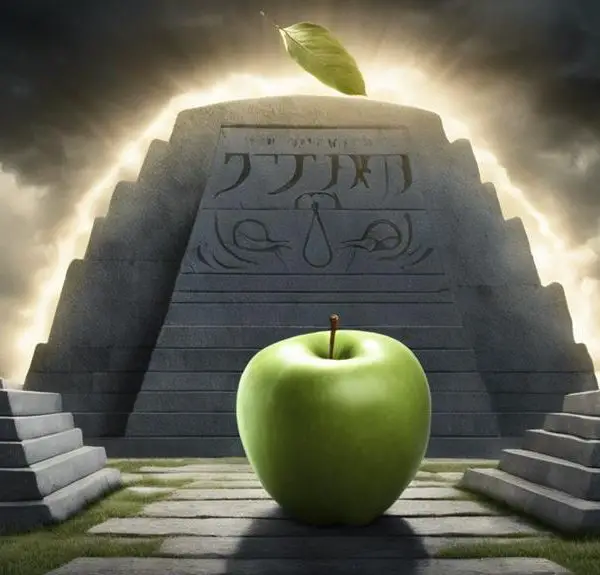
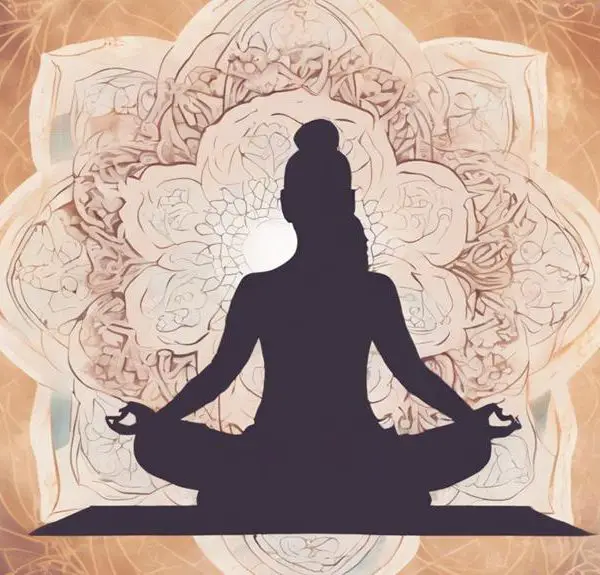
Sign up